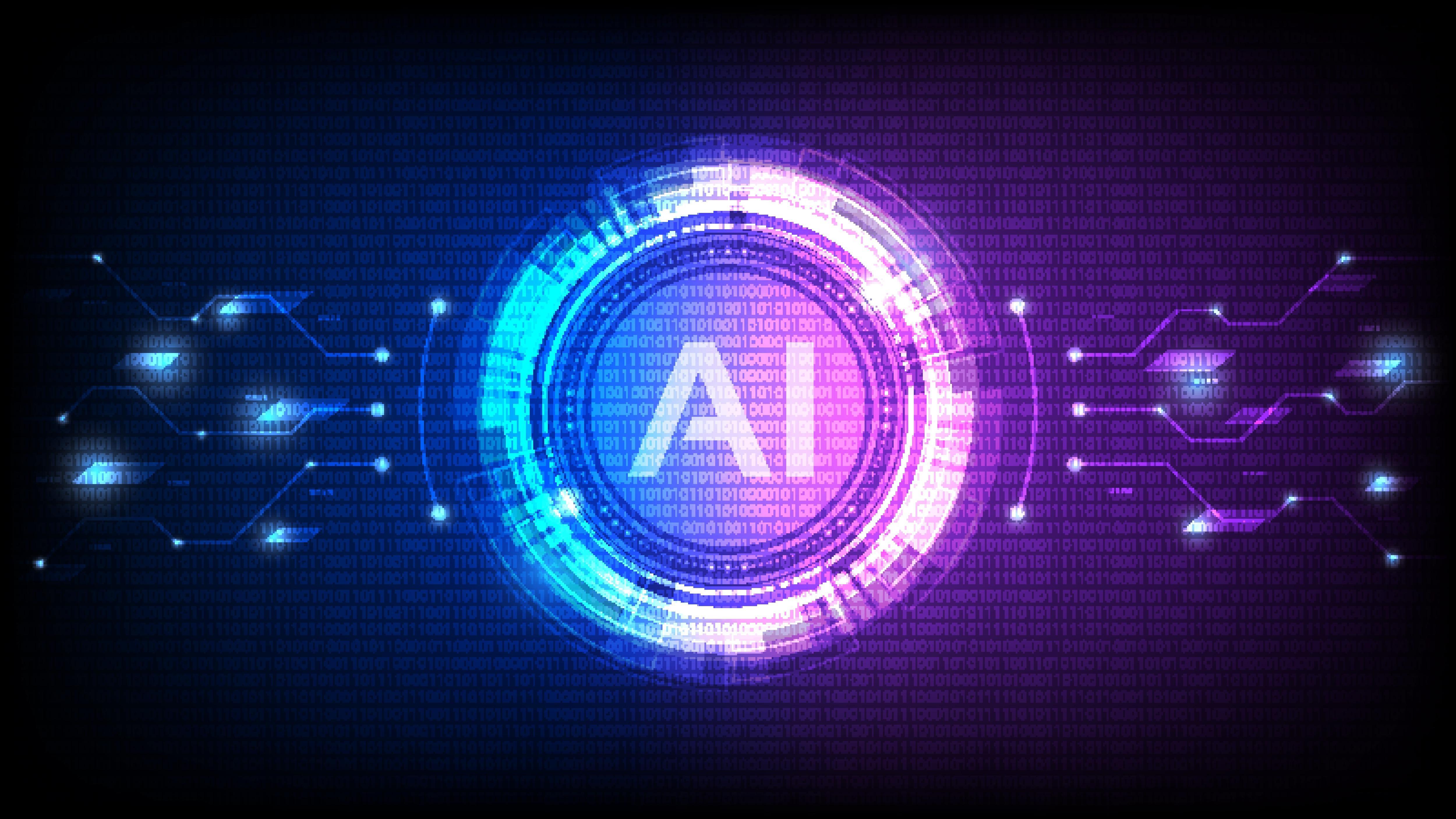As artificial intelligence (AI) takes center stage in discussions in every community and every industry, AFSA has been doing a great deal of research on how it will impact public education and your jobs.
As a starting point, we asked AI a few questions on the subject. Take a look at the answers we got back.
What is AI?
Artificial Intelligence refers to the development of computer systems capable of performing tasks that typically require human intelligence. These tasks include learning, reasoning, problem solving, perception and natural language understanding.
AI technologies encompass various techniques and approaches, such as machine learning, deep learning, natural language processing, computer vision and robotics. These technologies enable computers to analyze vast amounts of data, recognize patterns, make predictions and automate complex processes.
AI has applications across numerous fields, including health care, finance, transportation, customer service and education. It has the potential to transform industries, improve efficiency and create new opportunities.
However, it's important to note that while AI has advanced significantly, it still has limitations. Current AI systems excel in specific tasks but lack the broader general intelligence and contextual understanding that humans possess. Additionally, ethical considerations such as transparency, accountability and bias need to be addressed as AI continues to evolve.
Overall, AI is an exciting and rapidly developing field with the potential to impact various aspects of society and improve our lives in numerous ways.
How will AI impact school administrators?
Here are some ways in which AI could influence school administrators' roles and responsibilities:
Data Analysis and Decision Making: AI can assist administrators in analyzing large volumes of data, such as student performance data, attendance records and resource allocation. AI-powered systems can identify patterns, trends and insights that can inform decision-making processes. Administrators can use this information to develop data-driven strategies for improving student outcomes, allocating resources effectively, and evaluating programs and initiatives.
Automation of Administrative Tasks: AI can automate routine administrative tasks, such as managing student records, generating reports, scheduling and handling routine inquiries. By automating these processes, administrators can save time and allocate their efforts to more strategic and value-added tasks.
Resource Optimization: AI can help administrators optimize the allocation of resources, such as staff, classrooms and materials. By analyzing data on student enrollment, class sizes and scheduling, AI systems can suggest efficient resource allocation strategies to optimize learning environments and support student needs.
Student Support and Intervention: AI can assist administrators in identifying students who may require additional support or intervention. By analyzing various data points, such as academic performance, attendance and behavior, AI systems can flag students who may be at risk of falling behind or facing challenges. This allows administrators to proactively implement interventions and provide targeted support to improve student outcomes.
Streamlined Communication and Engagement: AI-powered communication systems can streamline communication between administrators, teachers, students and parents. Chatbots and virtual assistants can handle routine inquiries, provide information and direct individuals to the appropriate resources. This can improve efficiency and accessibility in communication, freeing up administrators' time for more complex interactions and strategic decision making.
Enhanced Security and Safety: AI can contribute to school security and safety measures. Facial recognition systems and video analytics can help monitor school premises, detect potential security threats, and ensure the safety of students and staff. AI-powered systems can also analyze social media or online platforms to identify potential risks and proactively address them.
Ethical Considerations: As with any implementation of AI, school administrators need to consider ethical implications, such as data privacy, algorithmic bias and transparency. Administrators play a crucial role in establishing policies, guidelines and safeguards to ensure the responsible and ethical use of AI technologies within their educational institutions.
Will AI replace school administrators?
Overall, AI can support school administrators by providing valuable insights, automating tasks, improving resource allocation, and facilitating communication and decision-making processes. However, human expertise, judgment and leadership remain essential for effective administration and the successful implementation of AI in educational settings.
Lastly, while AI holds significant potential to enhance education, it cannot replace the role of educators. Human guidance, empathy and mentorship remain crucial for fostering critical thinking, social-emotional development and the holistic growth of students.

